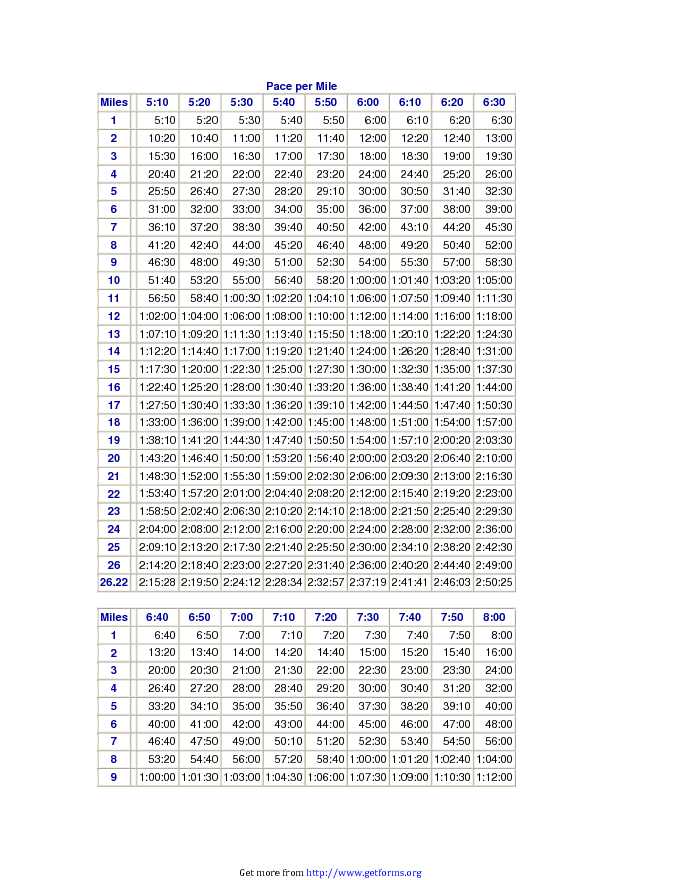


Researchers measured the runners’ responses to pulmonary gas exchange rate (the flow of air into and out of the lungs, and the transfer of oxygen and carbon dioxide into the bloodstream), heart rate, and blood lactate (a substance made by muscle tissue and red blood cells, which carries oxygen from your lungs to other parts of your body) during this incremental exercise. In a study recently published in the Journal of Applied Physiology, the runners ran increments on a treadmill, with the speed continuously increasing until exhaustion, and ran outdoors on a track, holding a two-hour marathon pace before accelerating to max speed. Play icon The triangle icon that indicates to play Sign up for Runner’s World+ to become a stronger, faster runner! To understand the physiological demands of that kind of pace, researchers looked at 16 male distance runners who were part of the Breaking2 project. But what exactly is needed from your body to run 26.2 miles in this amount of time? And that’s not to mention, Kipchoge’s subsequent marathon times which have hovered around two hours-and his 1:59.40 marathon in the INEOS 1:59 challenge. We all remember Nike’s Breaking2 project, when Eliud Kipchoge came within 25 seconds of breaking the elusive two-hour mark in the marathon. The good news for everyday runners is that these physiological factors-like running economy and lactate threshold-are very malleable with consistent training.These physiological advantages are likely to have been optimized by genetic predisposition and long-term training.Elite runners can take in oxygen twice as fast at marathon pace as a “normal” runner could while sprinting at their max effort.New research published in the Journal of Applied Physiology aimed to understand what physiological demands are needed to run a two-hour marathon.The precise measurements are 13.1094 miles or 21.0975km but generally these are rounded up to the simpler measurements.

How long is a half marathon?Ī half marathon is 13.1 miles or 21.1 kilometers. Generally speaking a half marathon will be less time intensive than a full marathon. If you’ve got a certain level of fitness then you will be able to trim this time down, but if you’re looking for a PB then you’ll definitely benefit from this level of focus.

You will have to be dedicated and consistent in your training if you want to achieve this time, ensuring you complete your weekly sessions of tempo runs, speed runs and long runs, with the typical half marathon training build up of around 12 weeks. Training for a 2 hour 10 minutes half marathon


 0 kommentar(er)
0 kommentar(er)
